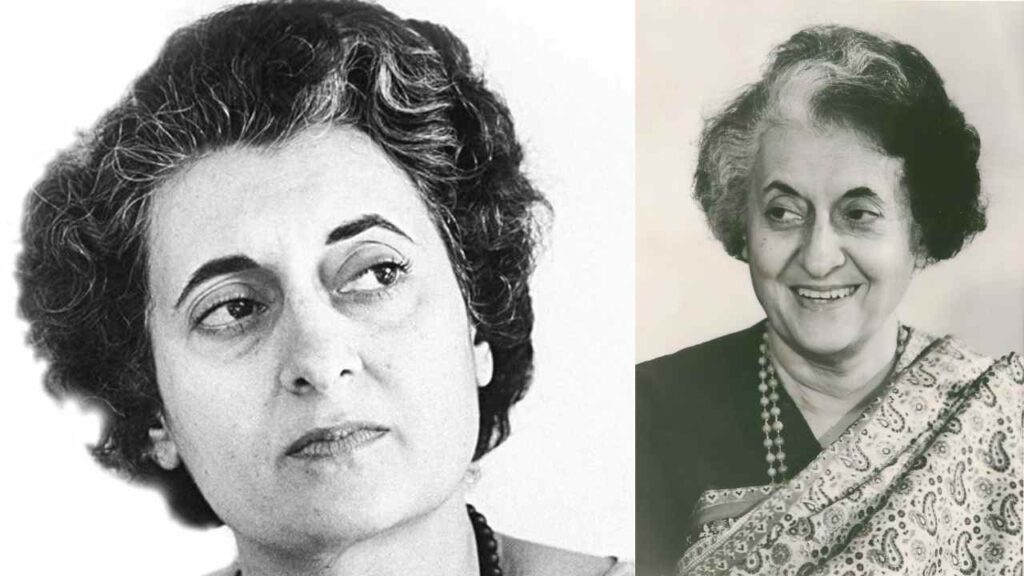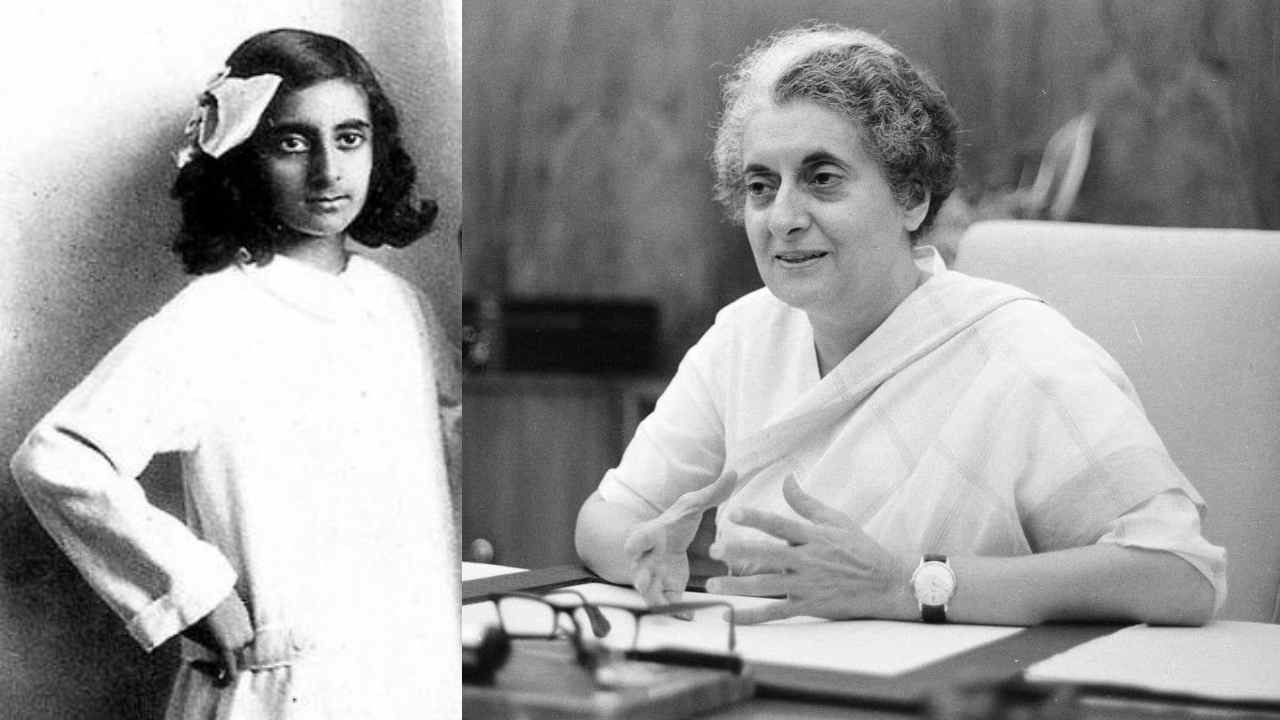Indira Gandhi Unknown Facts: Indian women always surprise us. So is Indira Gandhi. She was the first woman Prime Minister of India and an important figure in Indian politics. A lot has been said and written about her personality, but there are some things that few people know. There are many mysterious and interesting facts about the life and work of Indira Gandhi, which make her politics, personal life, and contribution to India even clearer. Let us know some such information that perhaps very few people know.
Top 7 Unknown Facts no one knows about Indira Gandhi
- Indira Gandhi’s childhood and education: Indira Gandhi was born on 19 November 1917 in Allahabad (now Prayagraj). The full name of Indira Gandhi was Indira Priyadarshini Gandhi. Her father was Jawaharlal Nehru, who became a prominent leader of the Indian freedom struggle and the first Prime Minister of India. Indira Gandhi was raised in an extremely prestigious family, but her childhood was also full of difficulties. Her mother, Kamala Nehru, passed away when Indira Gandhi was a child. This inspired Indira to become a strong and self-reliant woman.
Indira received her early education from Welham Girls’ School in Shimla and later went to study abroad. She took admission in Oxford University in England for her higher education, where she received a bachelor’s degree in history and politics. Very few people know about her education life that Indira Gandhi had often deeply investigated social and political ideas during her studies.

- The deep relationship between Indira Gandhi and her family: Indira Gandhi and her family had a deep relationship, in which her father and grandmother contributed immensely. Although his personality was harsh, her father’s advice and blessings were always important in Indira Gandhi’s eyes. After the death of Indira’s mother, her grandmother, Vijayalakshmi Pandit, played an important role in her upbringing. Along with this, Indira Gandhi had an active participation in family politics, which influenced her political life.
- Indira Gandhi’s foreign policy: After Indira Gandhi became the Prime Minister, there were many important aspects in her foreign policy, which demonstrate her intelligence and foresight. A great example of Indira Gandhi’s leadership ability came to the fore, especially during the Indo-Pakistani War in 1971. During this war, Indira Gandhi supported the independence struggle of Bangladesh and won over Pakistan. As a result, Bangladesh became an independent nation. This was a historic event, which is still considered important in Indian politics and foreign policy. Indira Gandhi’s foreign policy had the priority of her country’s interests, and she never allowed any decision to be influenced by pressure from abroad.
- Her esoteric speech style on All India Radio: Indira Gandhi’s speech style was also very special. She often said deep and esoteric things in her speeches, which were difficult for the general public to understand. She used the radio to make direct contact with the Indian public. Her radio broadcasts also became a means of effectively presenting her views and decisions. Her famous words like “Namaste” and “Aapka Blessing Chahiye” were used to connect with the public.
- Indira Gandhi and the secrets of her personal life: Indira Gandhi’s personal life was very simple, but some aspects of it were quite mysterious. For example, she was married to Feroze Gandhi, who belonged to a Parsi community. Their relationship was ever-fluctuating, but in public, she maintained a restrained personality. They had two children – Rajiv Gandhi and Sanjay Gandhi. Sanjay Gandhi’s life was very controversial, and his contribution to politics was also quite significant. Although Sanjay Gandhi died in an accident, the struggles of his life had an impact on Indira Gandhi. There has never been clarity about some parts of her life, and very few people know how much struggle and self-reliance she had in her life.
- Strategic vision of Indira Gandhi: Indira Gandhi played a key role in strengthening the Indian Army. Under her leadership, India won the war against Pakistan in 1971 and contributed significantly to the independence of Bangladesh. She upgraded the strategic vision of the Indian Army and ensured that the country was protected from external aggression. Her strong will and tough decisions became a milestone in Indian military history.
There is more you should know.
How many hours did Indira Gandhi sleep?
Indira Gandhi’s daily routine was very strict and disciplined. Sources providing information about her sleep indicate that she slept for an average of 4-5 hours a day. Given her busy schedule and political responsibilities, she had a habit of sleeping less. She often worked late into the night and woke up early in the morning. Indira Gandhi’s life was completely dedicated to the service of the nation, and a large part of her physical and mental energy was spent solving the problems of her country. Despite sleeping less, she remained fully capable and active in her tasks.
How many languages did Indira Gandhi speak?
Indira Gandhi was fluent in many languages and communicated in various languages. Mainly, Indira Gandhi was proficient in Hindi, English, and Urdu.
- Hindi – Indira Gandhi was highly proficient in Hindi, and it was her mother tongue. She delivered most of her speeches and conversations in Hindi.
- English – Indira Gandhi was fluent in English as well, and since her education was in England, English was an important language for her.
- Urdu – Indira Gandhi also knew Urdu well and was familiar with Urdu Sher and Ghazals.
Apart from this, she also knew some other Indian languages, but she communicated the most in Hindi and English.
Conclusion
Indira Gandhi’s life and work are an inspiration. Her personality, her policies, and her decisions became the pillars of Indian politics. The combination of her success and struggles will always influence Indian society. She was not only a politician but also a great leader.

